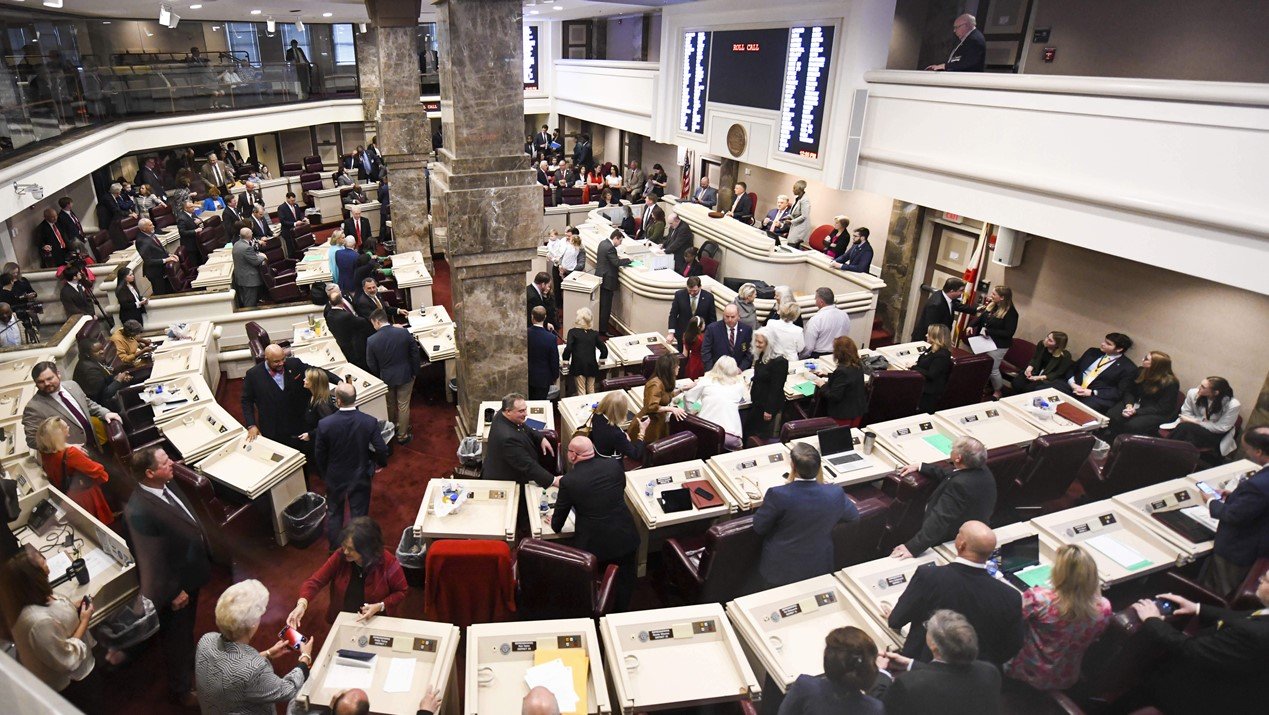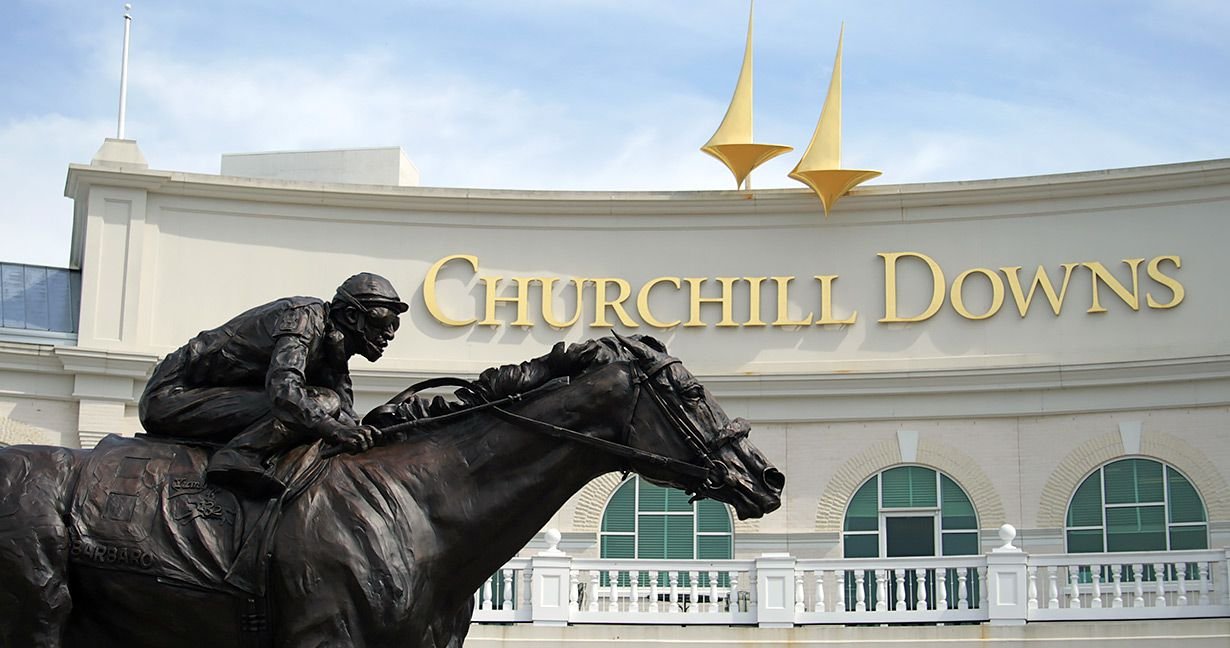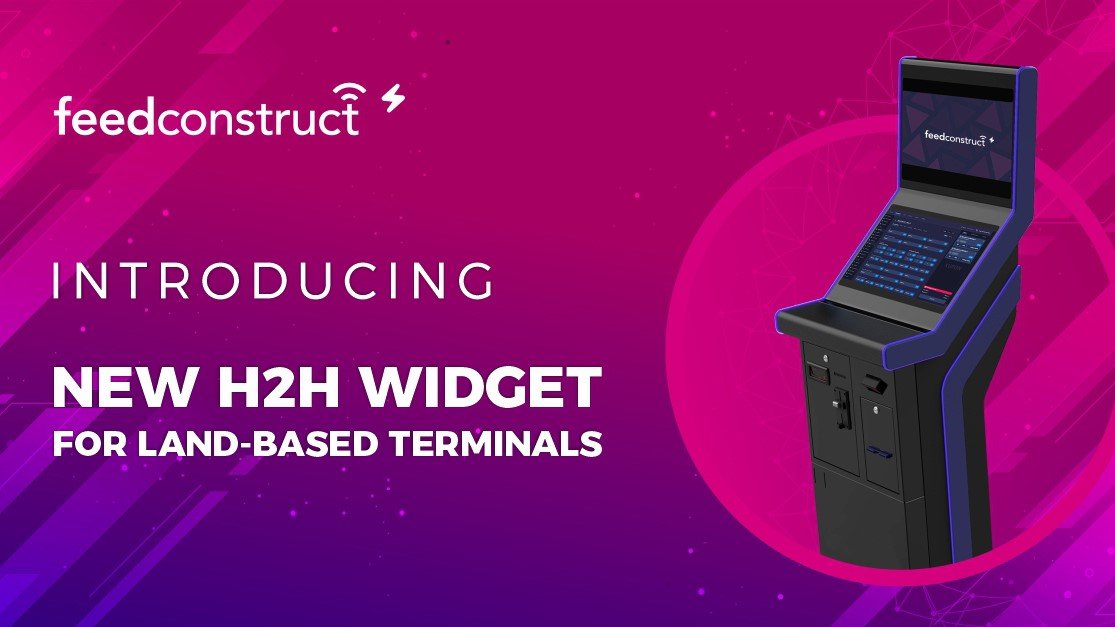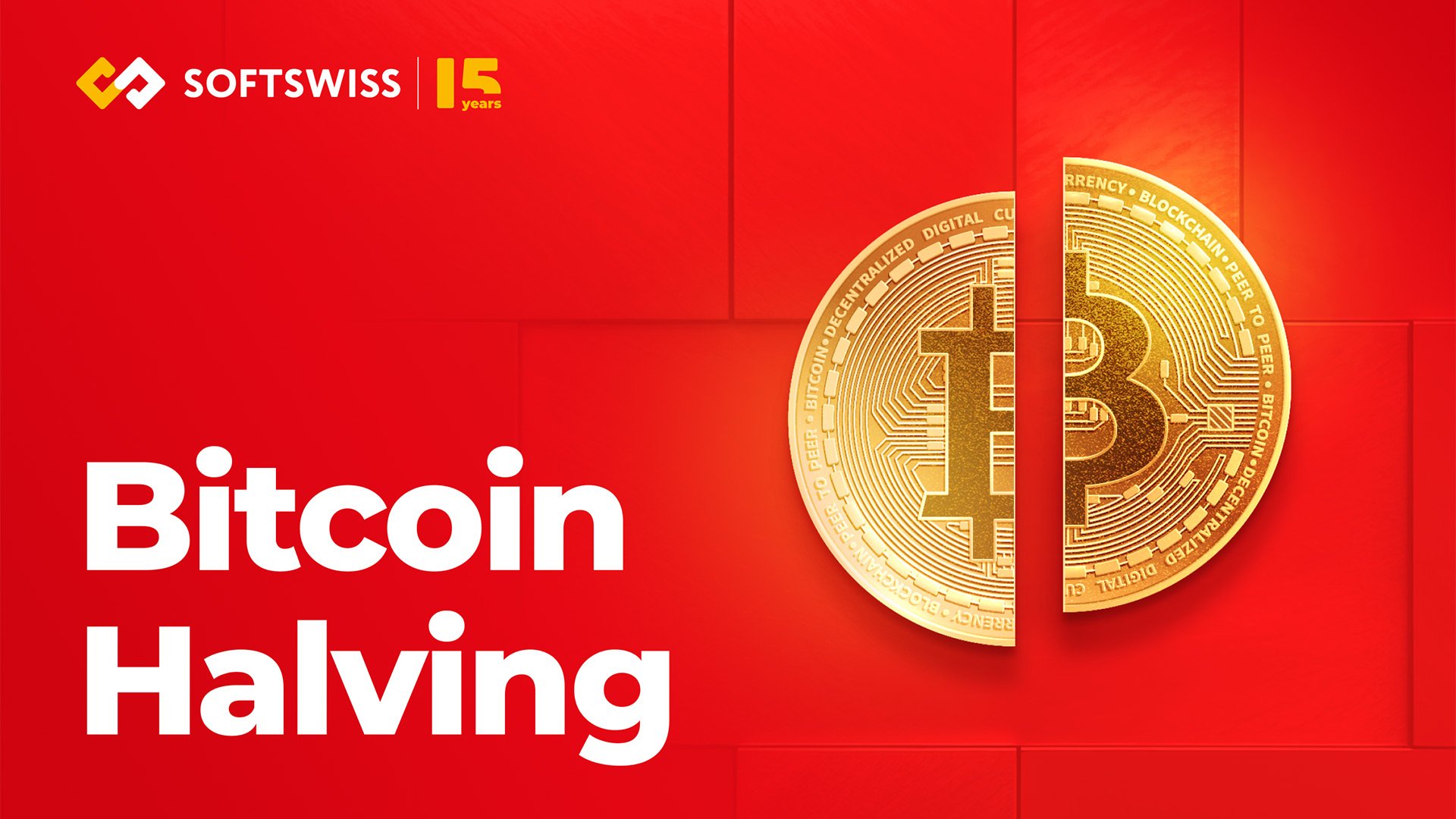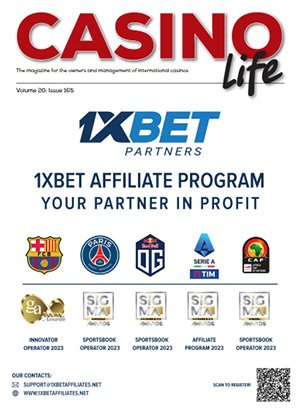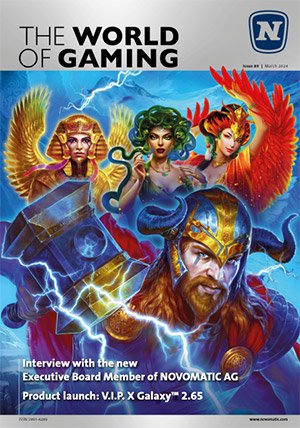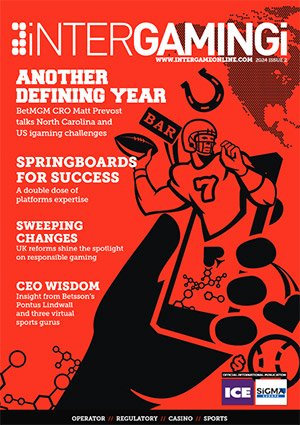"Genius Sports Group has played a key role in the journey towards US sports betting regulation"

Percy Wilman, Special Counsel for Latam at Genius Sports Group was present at this year's edition of G2E, held in Las Vegas on October 9-11. At the show, he spoke to Yogonet about the effect that the US Supreme Court ruling had not only on the sports betting industry but also on the mobile and online gambling business. Wilman also shared his views on the rest of the world, delving into the European and Latin American markets.
Many states are in line to enter into the sports betting market now that the Professional and Amateur Sports Protection Act (PASPA) has been struck down. How important are mobile and online betting for this business?
In spite of the US Supreme Court ruling, the US sports betting market remains very much in its infancy with mobile and online wagering even more so. But there is no doubt that in time mobile and online betting will become a massive part of the industry – just as it has done elsewhere in the world. European markets, such as the UK, are often viewed as the most developed in the world and in these markets mobile and online betting are the biggest industry growth areas.
And while in house sportsbooks have historically been at the heart of the US casino industry, recent moves to incentivise customers to use their mobiles and create online accounts signals that a shift has already begun.
However, the extent to which mobile and online betting will thrive in the US, is largely dependent on the future interpretation of the Wire Act. Currently, the legislation prohibits interstate betting, but if betting across state lines becomes legal, then mobile and online betting could explode, as operators will be able to take bets from a larger pool of players.
What are the challenges of the U.S. state-by-state approach on sports betting? What are the key points companies need to bear in mind to overcome them?
The key sticking point remains the Wire Act. Interstate wagering is currently prohibited and operators must be extremely vigilant not to contravene existing laws as they can expect to face increased scrutiny under the gaze of the federal government.
In terms of market entry, each state will differ when it comes to licensing requirements, the number of skins per license, license fees and of course taxation. So any operator’s US business plan will in fact be made up of many micro-level strategies according to the landscape in each state they enter.
From a pure sports betting and trading point of view, operators must be cognizant of the home-team bias amongst US customers, with bettors backing their local side no matter what the odds, on a purely gut instinct. This is quite unlike more mature, online markets where customers are much more price sensitive and, on the whole, shrewder. As a result, odds, lines and liabilities will differ between states.
Therefore, sportsbooks that rely on a purely white label-style approach to trading and risk management will need to up their game significantly as customizable products are fundamental for any operator with long-term local market ambitions.
Will legalization lead to increased match-fixing and point-shaving scandals?
There is a common misperception that legalized sports betting is more conducive to betting-related corruption, but the reality is quite the opposite.
In an illegal market, the integrity of sport is put at risk as unlicensed or offshore operators have no obligation to report information or cooperate with investigations into betting-related corruption. The regulation of sports betting in the US will not only require operators to work alongside sports bodies and regulators, but it will also afford greater transparency over betting patterns. These fundamental principles are necessary to better safeguard the integrity of sports.
The integrity strategies of the major leagues will be closely scrutinized in the post-PASPA era. But with the appropriate internal measures, and by working closely with other stakeholders, the legalization of sports betting will be hugely beneficial for ensuring that competitions remain fair, transparent and unpredictable.
What can Latin American gaming authorities learn from the US experience?
Latin American authorities can certainly take note of the pre-PASPA education that the US undertook. We saw the US call on industry experts from Europe, and take their views into consideration. For example, we, Genius Sports Group, worked closely with the American Gaming Association (AGA).
Authorities in Latin America can perhaps also learn from the gradual approach taken by some US states, who have protected incumbent, land-based operators before allowing international operators to enter the market.
We’ve already seen countries like Peru and their Chief Regulator, Ing. Manuel San Román, take great strides in examining and looking to introduce strong regulatory standards and we can expect to see other Latin American authorities follow suit.
Could you detail your current presence in the US sports betting scene, and the firm's growth prospects for that segment?
Genius Sports Group has been present in the US for a long-time, playing a key role in the journey towards regulation. We’ve worked alongside the American Gaming Association (AGA) and helped US sports leagues including Major League Baseball and the PGA Tour to protect the integrity of their competitions.
We are a trusted, strategic partner to the largest sportsbook brands in regulated territories across the globe, and I have no doubt this will continue in the US market.
I point to the enormous growth potential of in-game betting in the US as a major reason for that. Live wagering not only needs expert technology and services, but also the fastest and most accurate sports data to ensure customers get the best service possible.
No other supplier can offer the same range of live content, flexible trading options, sharp pricing and risk management as us. So, as the in-game betting trend grows, so will the importance of what makes us unique.


